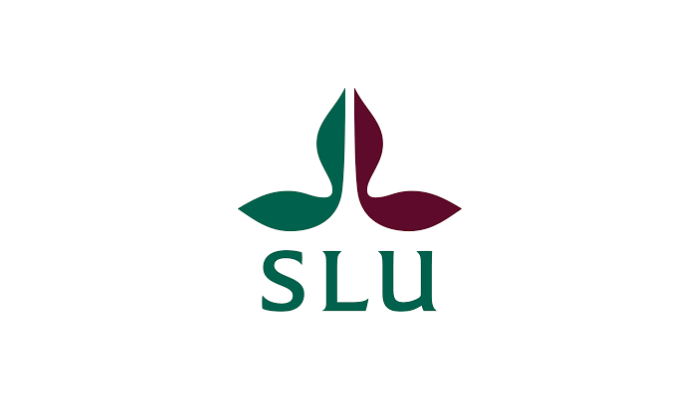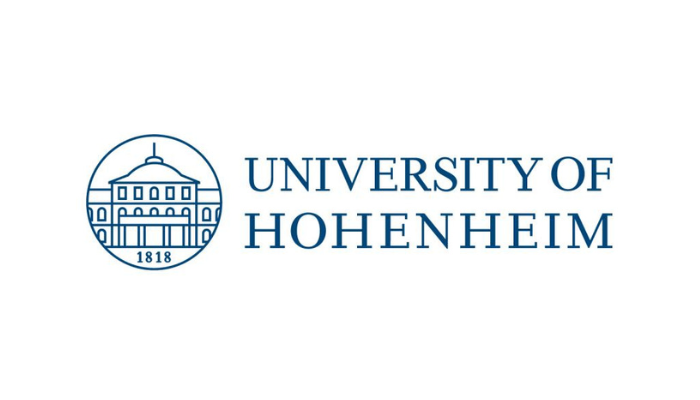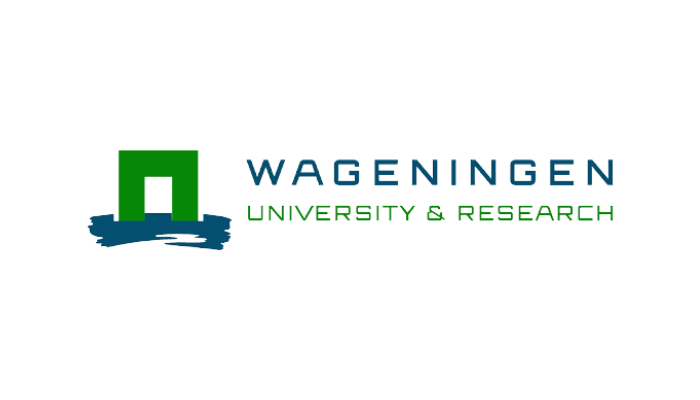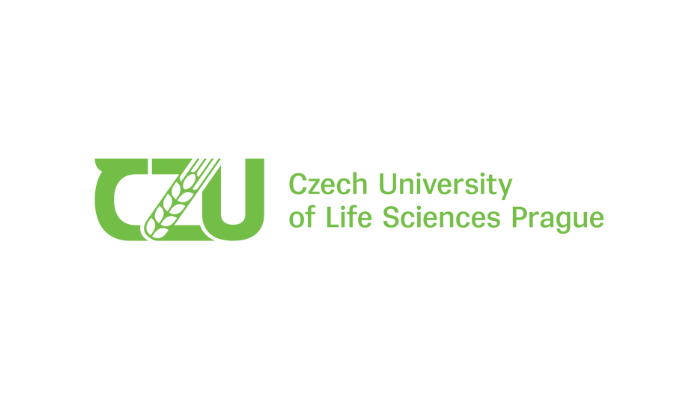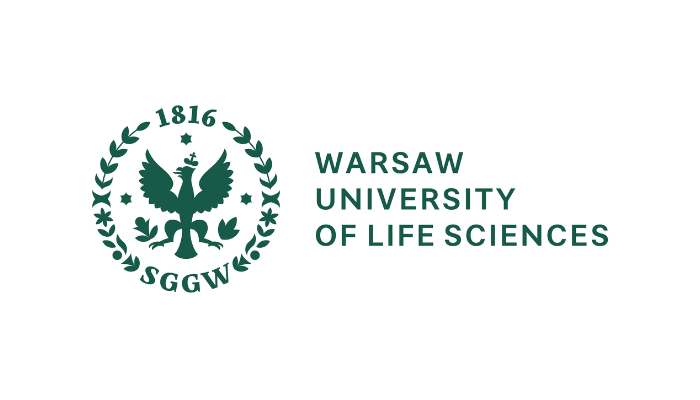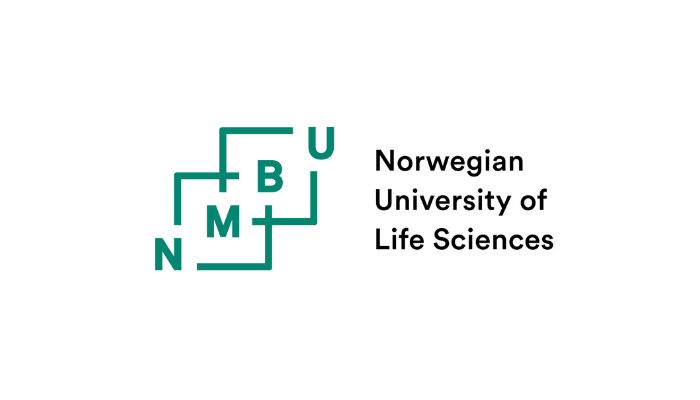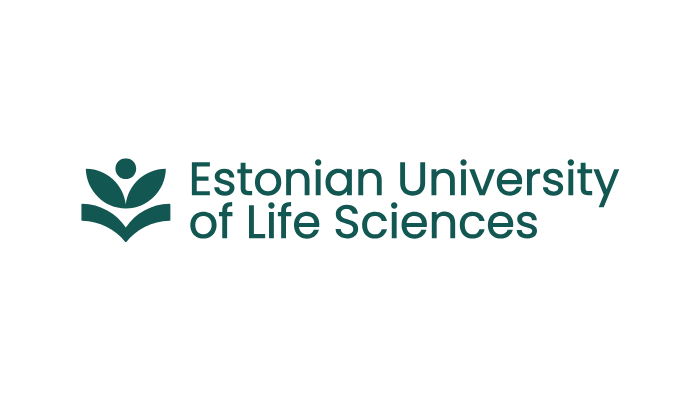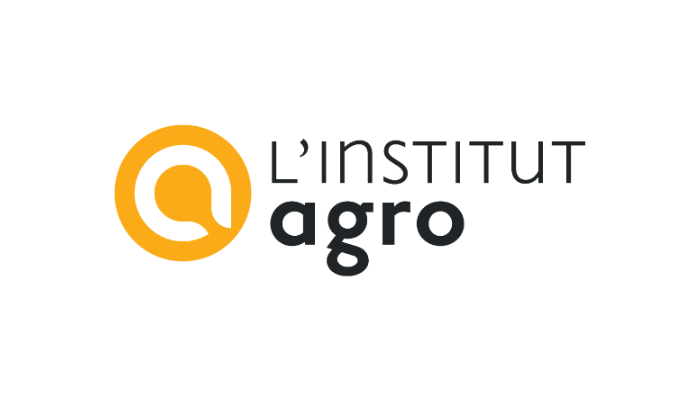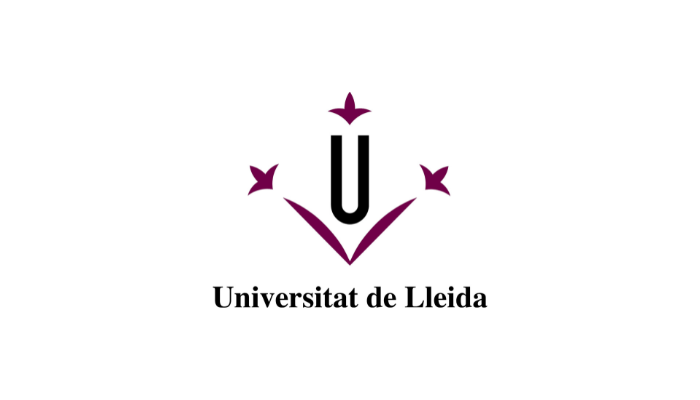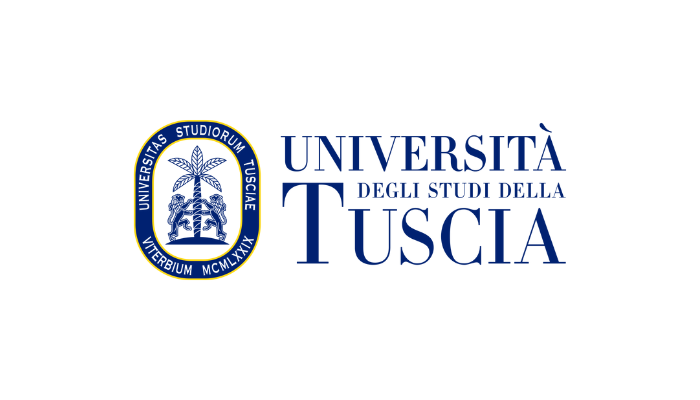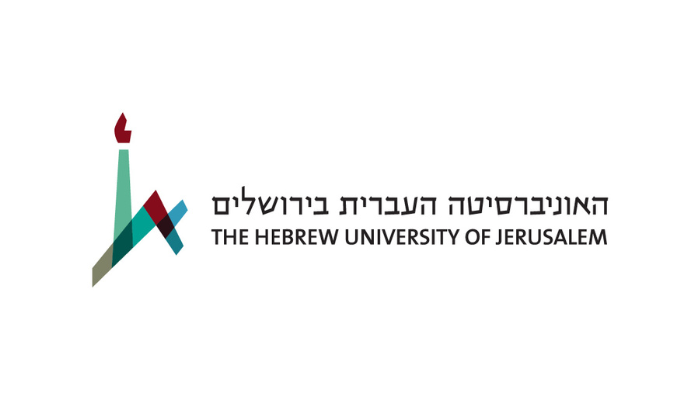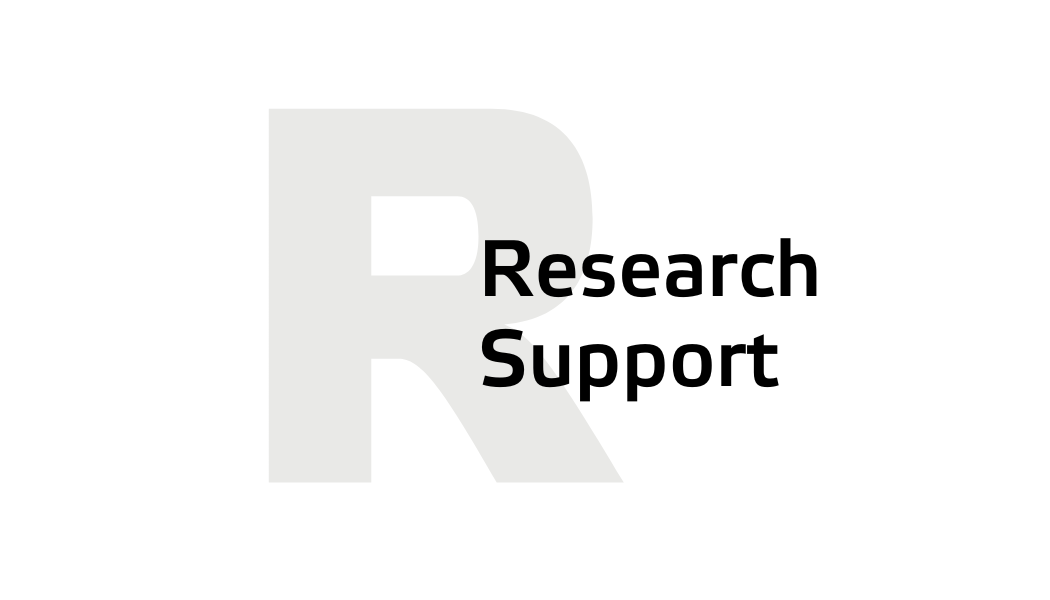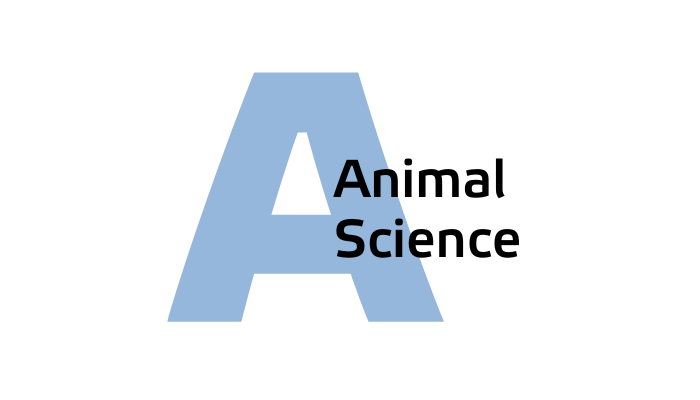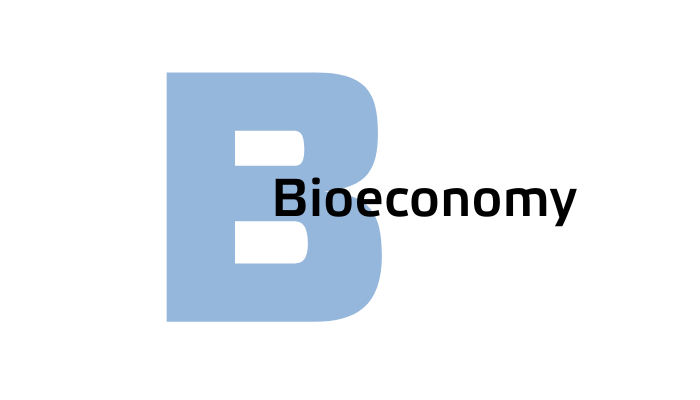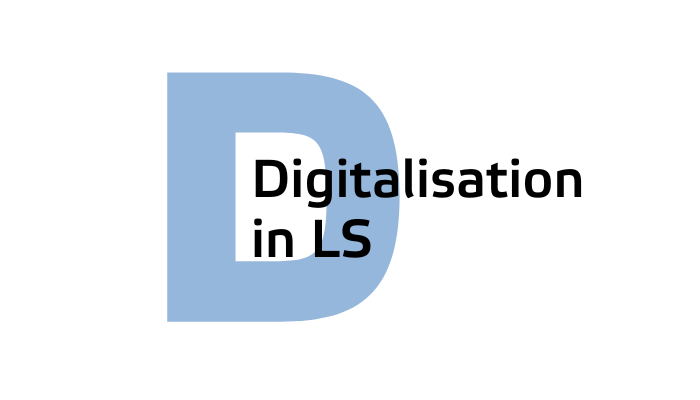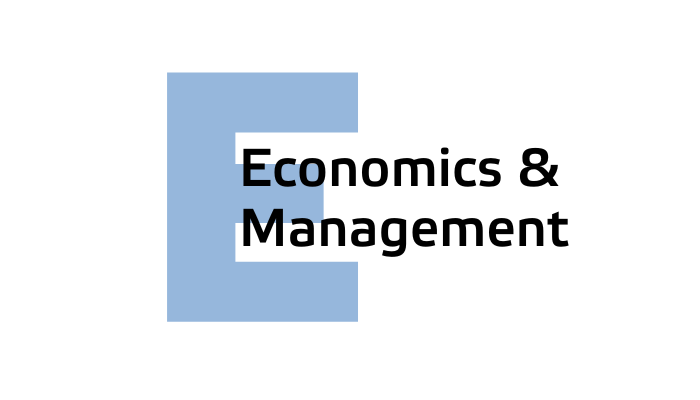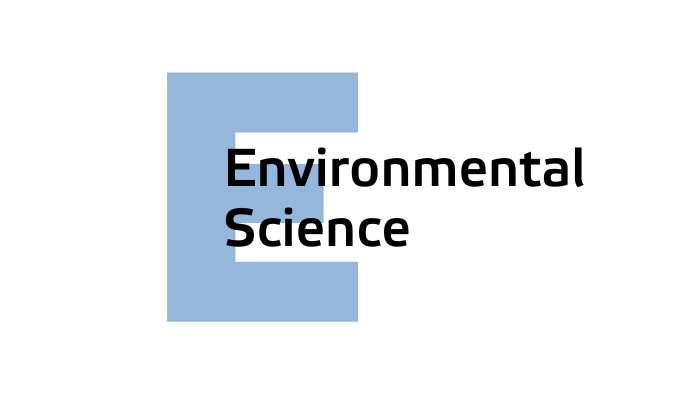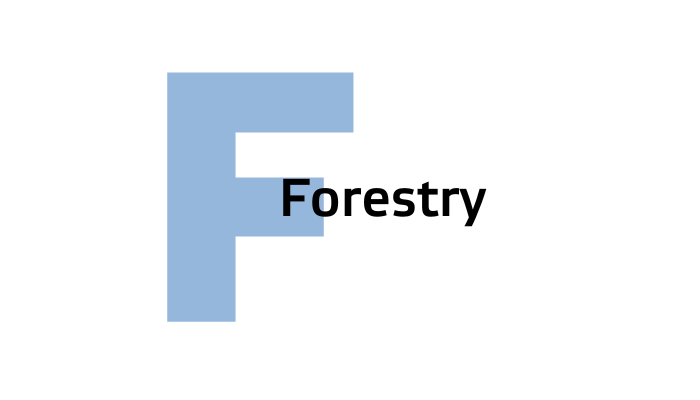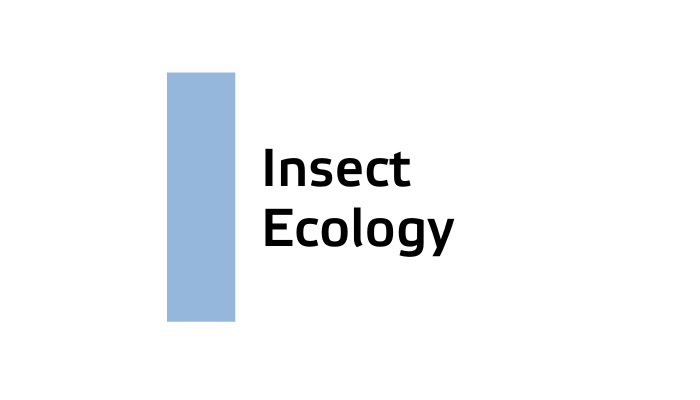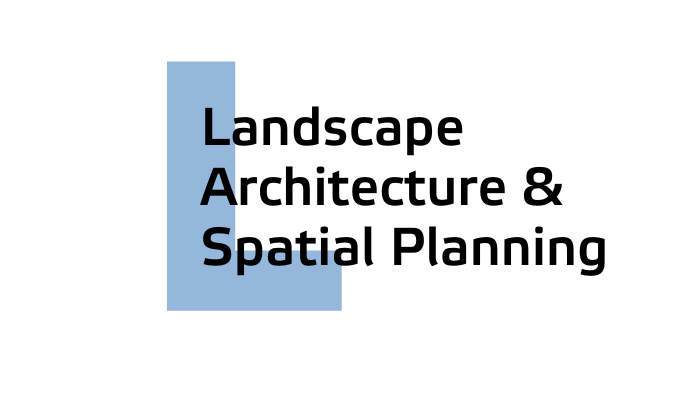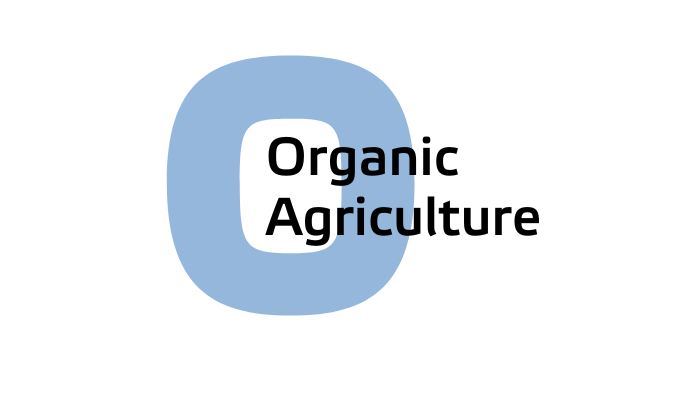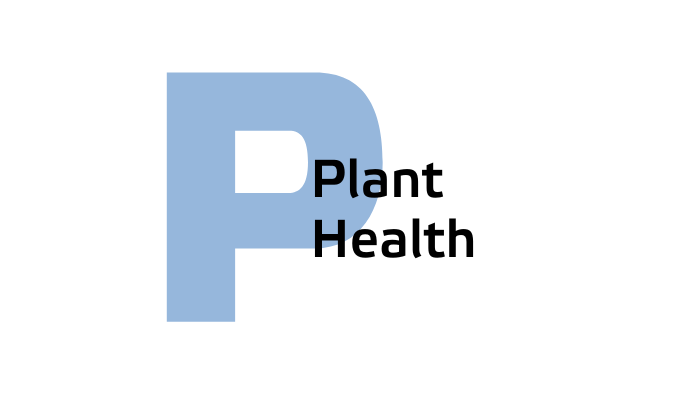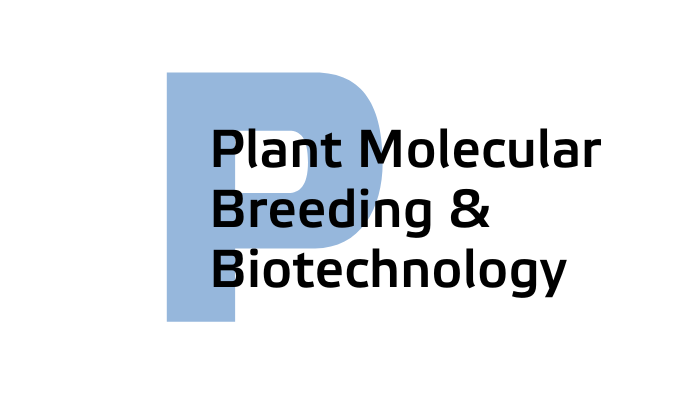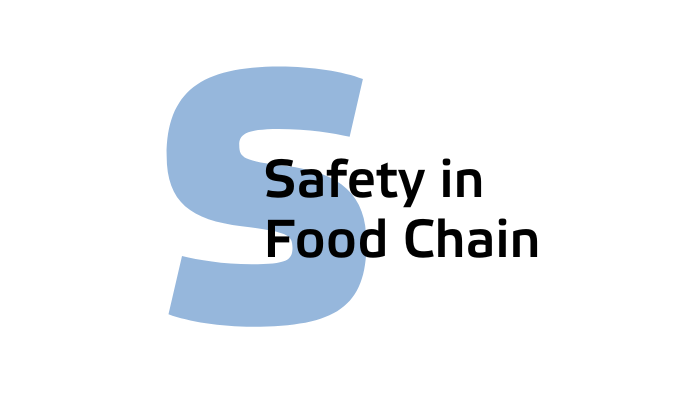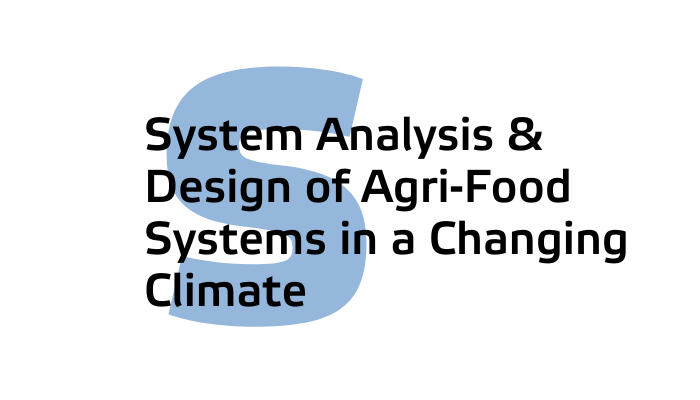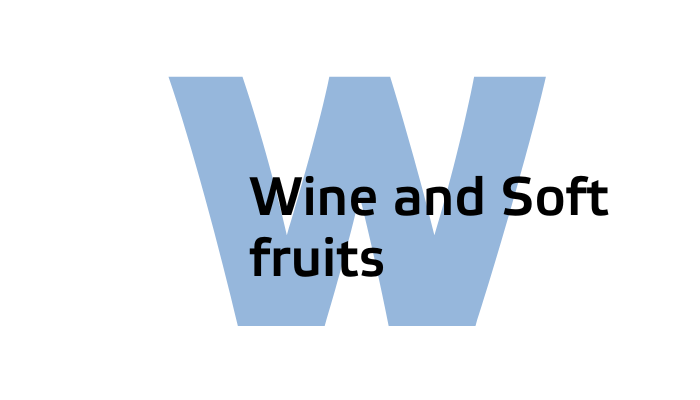.jpg)

News

ELLS Showcased at INFORMS Congress 2025 in Madrid
The ELLS Research Support Team proudly represented ELLS at the prestigious INFORMS Congress 2025, held in Madrid and hosted by EARMA (European Association of Research Managers and Administrators).
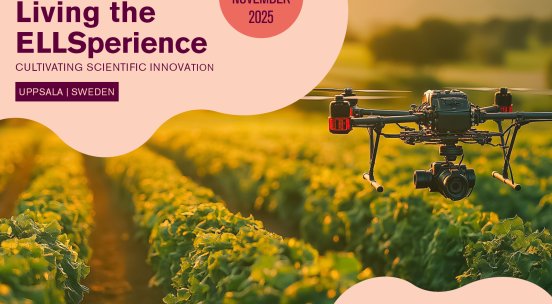
Call for Abstracts – ELLS Scientific Student Conference 2025
The Euroleague for Life Sciences (ELLS) warmly invites bachelor’s, master’s, and PhD students from ELLS partner universities to submit abstracts for the ELLS Scientific Student Conference 2025, to be held in Uppsala, Sweden at the Swedish University of Agricultural Sciences (SLU).
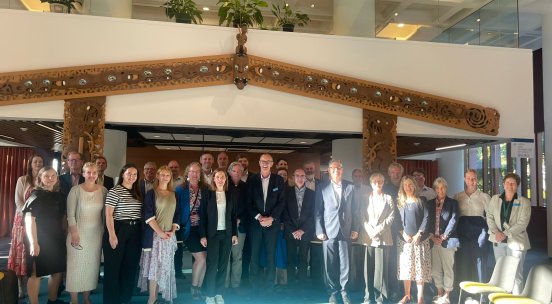
ELLS Strengthens Connections with a Spring Meeting at Lincoln University, New Zealand
In March, the Euroleague for Life Sciences (ELLS) marked a significant milestone with its first official visit to Aotearoa New Zealand. Te Whare Wanaka o Aoraki Lincoln University (LU) hosted the annual ELLS Spring Meeting.

We invite you to apply to ELLS Summer Schools in 2025
We would like to inform you about ELLS Summer Schools for the year 2025.
What is ELLS?
The Euroleague for Life Sciences (ELLS) is a prestigious network of leading universities collaborating in Natural Resource Management, Agricultural and Forestry Sciences, Life Sciences, Animal Sciences, Food Sciences, Environmental Sciences, and Rural Development, including Agricultural Economics and Rural Sociology.
ELLS is a distinguished European network, open to membership for universities in EU countries and prospective EU member states. While international (non-European) institutions are not eligible for full membership, they can participate as ELLS partners, fostering a global exchange of knowledge and innovation. This distinction ensures a robust collaboration between member and partner universities within the ELLS network.
The inclusion of international partners began in 2011, following a decision by the ELLS Board during the Spring meeting, with further refinements made at the ELLS Conference later that year. The first international partnership agreements were signed in 2013 with Lincoln University, New Zealand, and the Hebrew University of Jerusalem (Robert H. Smith Faculty of Agriculture, Food and Environment). This initiative underscores ELLS's commitment to global cooperation and excellence in life sciences.
Student engagement
Euroleague Student Association (ELSA)
It is an organisation in which students from each of the ELLS member and partner universities are working together to enhance student mobility as well as stimulate international cooperation and cultural understanding.
The goals of ELSA are to strengthen the cooperation of the universities, to bring students together and to give them the opportunity to work in an international context.
Within the ELLS network we represent the students’ point of view in all ELLS bodies, we actively provide support to ELLS working groups. If there are any questions or suggestions regarding studies within the Euroleague for Life Sciences, don’t hesitate to contact us by e-mail or the contact form.
Student Conferences at ELLS
Euroleague for Life Sciences and the Swedish University of Agricultural Sciences invite all students of ELLS member and partner universities to join the Scientific Student Conference (SSC).
Living the ELLSperience | Cultivating Scientific Innovation
on 14 - 15 November 2025 at the Swedish University of Agricultural Sciences, Campus Ultuna, Sweden.
What is the Scientific Student Conference
The aim of this conference is to encourage you as a student within the Life Sciences to engage with one another, and allow you the chance to disseminate your own research related to the headline "Living the ELLSperience | Cultivating Scientific Innovation".
Further information is available at the website of the SSC 2025.
Study Offers
Support Teams
Support teams deal with horizontal topics that are related to the aims of the Euroleague for Life Sciences such as legal aspects, quality assurance, e-learning, student mobility, etc. The mandate of the support group is to develop and implement concepts for the achievement of the common purpose of ELLS and to support and facilitate the work of the Subject Areas and the Task Force. The teams should consist of at least one member of each ELLS university and one member of ELSA.
Subject Areas
The Subject Areas are the backbone of the ELLS network on the level of joint teaching programmes. Each partner institution has the responsibility for at least one thematic Subject Area and oversees the development and implementation of joint curricula or other joint teaching activities.
Contact
Ms Tjallie Botden-Scheltinga
Wageningen University & Research
ELLS Secretariat Office - WUR
Wageningen University & Reserach
Droevendaalsesteeg 4
6708 PB Wageningen
The Netherlands


